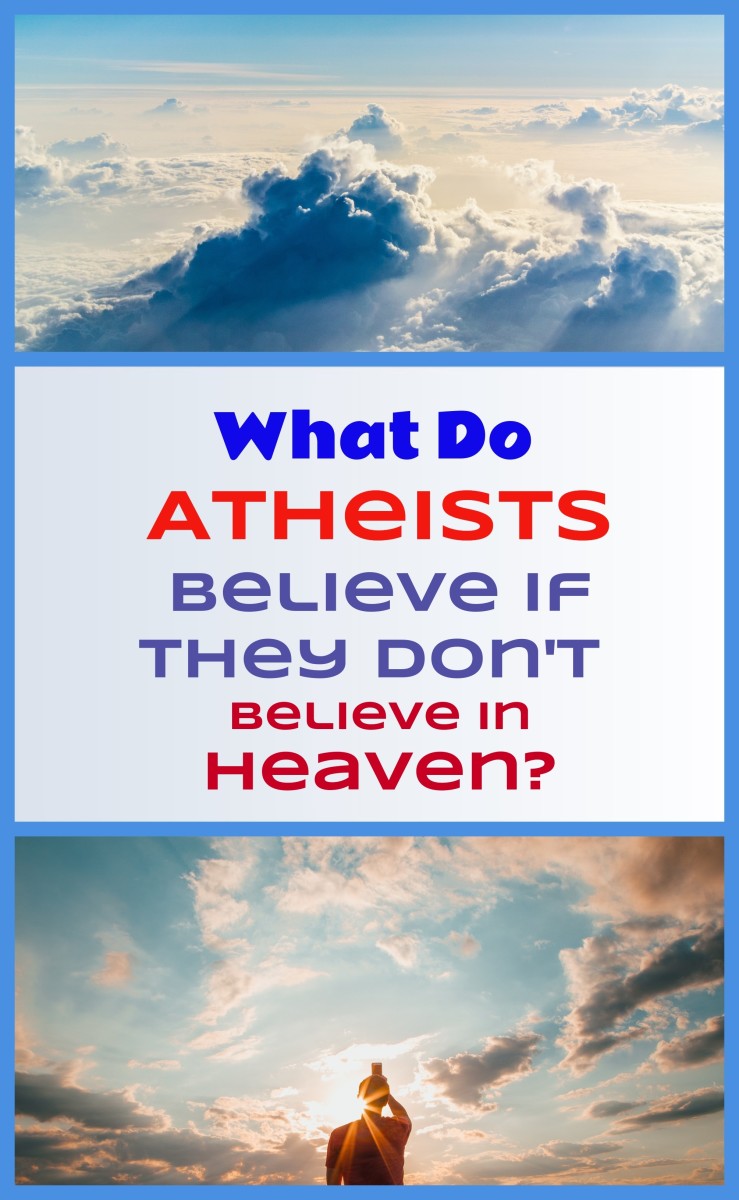Is Atheism Logical?

Irrational Reasoning
The more that I hear atheists give arguments for their belief, the more it becomes clear that atheism is completely irrational. By stating this, I realize that there is more than one type of atheism. There are those who simply lack belief in a god of any sort. They are what some have called weak atheists. To me this is closer to agnosticism which says that you cannot know for certain that a god exists and therefore live life as if he, she, or it does not exist. The atheists that completely confound me are strong atheists. These are those who say that they know for certain that a god doesn't exist. This to me is the height of arrogance and is completely unprovable. It is impossible to prove the non-existence of a god, for to do that you would have to have all knowledge. Since no human being possesses all knowledge, he could never say for certain that no god exists. His position is completely illogical and based upon faith.
I. Agnosticism is More Rational
The truth is if you choose to have no religious belief, the more logical choice is agnosticism, for it at least allows for the possibility of a deity. However, even that choice depends on the assumption that there is no evidence or non-sufficient evidence for a deity. To that, I answer: "Are you blind?"
The Bible has said it well: "The heavens are telling of the glory of God; and their expanse is declaring the work of His hands" (Psalm 19:1). Simply put, there is more than enough evidence for a god of some kind. The question is not evidence. It is a question of how you interpret the evidence that we have. The theist looks at the universe with its vast complexity and sees a design that has to have a designer. The atheist looks at the same evidence and chooses to say that it all happened by random chance. In order to do that he or she has to completely ignore facts regarding this universe that we all take for granted. One is the simple fact that: "Out of nothing, nothing comes."
Everything we know about this universe demonstrates the fact that if you have nothing to start with, something will not suddenly appear, even after billions of years. You have to have matter and energy. Where did these things come from? They couldn't have created themselves. They are lifeless things. Are they eternal? Some Scientists would have you believe this to be true, just as they used to teach that the universe itself was eternal. This is no longer believed. In fact, every shred of evidence that we have points to the fact that the universe had a beginning. And if it had a beginning, it must have a cause.
II. There is Evidence for the Beginning of the Universe
One thing to consider that has lead Science to believe that the universe had a beginning is the fact that it is running down. An understanding of the second law of thermodynamics shows us that this universe is running out of usable energy. And if it is running down, at one time, it had to have started,
The Hubble telescope confirmed, several years ago, that the Universe is expanding. Since that is the case, at one time it must have been contracted back to a single point where it came into existence. The Big Bang theory, which attempts to explain all of this, postulates that at one point our universe was an infinitesimally small, infinitely hot and infinitely dense singularity. From this, it began to expand and still expands today. The radiation echo was discovered by Bell labs in 1965. This is believed to be the afterglow of the Big Bang. No longer can we assume that the universe has always been in a steady eternal state. Rather at one time, it must have exploded.
Albert Einstein himself had to admit, after coming up with his theory of relativity, that the universe is not eternal. It is not a cause, but rather one big effect. He didn't want to admit this at first but was lead by the evidence to the only conclusion possible. The universe had a beginning. This is an amazing discovery that the Bible told us all along. And of course, the Bible also states that the ultimate cause of all things is God.
To take this further, in the universe in which we live, every effect must resemble its cause. In other words, a cause cannot give what it does not possess. If that is the case, how can an impersonal, amoral, purposeless universe create beings that have personality, morality, and purpose? The answer to this is, It can't!
III. There is Evidence for the Existence of God
Over the centuries there have been many arguments and reasons given for the existence of God. I am not going to attempt to give a full listing of them. Here, however, are two arguments that I find particularly strong. They are as follows:
1. The Kalam Cosmological Argument
The Kalam Cosmological argument is very persuasive unless you are an atheist and have to keep your irrational belief in chance. Stated simply, the argument is this:
1. Everything that has a beginning of existence has a cause.
2. The universe has a beginning of existence.
3. So the universe has a cause.
4. An uncaused cause must transcend physical reality.
5. This uncaused cause which transcends physical reality is a description of God.
6. Therefore God exists.
2. Life Comes From Life
The understanding that life comes from life seems irrefutable. However, one area that atheists cling to is an irrational hope that someday there will be found a way to prove that life came from non-life. The pseudo-science of abiogenesis is the study of how biological life arises from inorganic matter through natural processes. After thousands of experiments over many years, they have not been able to produce one single living cell. Abiogenesis seems to me to be a resurrection of the old scientific belief in the spontaneous generation of life that was widely held during the middle ages and into the latter half of the 19th century. This belief was laid to rest by Louis Pasteur in his studies of microbes. Yet some people just have to cling to this false belief that life comes from anything except life.
Life begets life. That is how our universe operates. God, who is not part of this universe, but the creator of it, is the only one capable of giving life. You can choose to deny the existence of such a God but to do this is to cling to an alternative that goes against the laws of nature as we know them.
Conclusion
Atheism is simply not a viable option for most rational people. It is interesting that no one would look at a house and say that it just came into existence. It had to have a designer and a builder. However, seemingly bright men and women can look at this universe in which we live and say that it only has an "appearance" of design. It really came to be the way it is over billions of years, totally without a person of intelligence behind it. Well, I guess you are free to believe in whatever you like but stop saying that there is no evidence for the existence of a creator. The evidence of design is all around us. Denying it will not make it go away.
© 2011 Jeff Shirley








